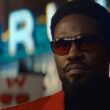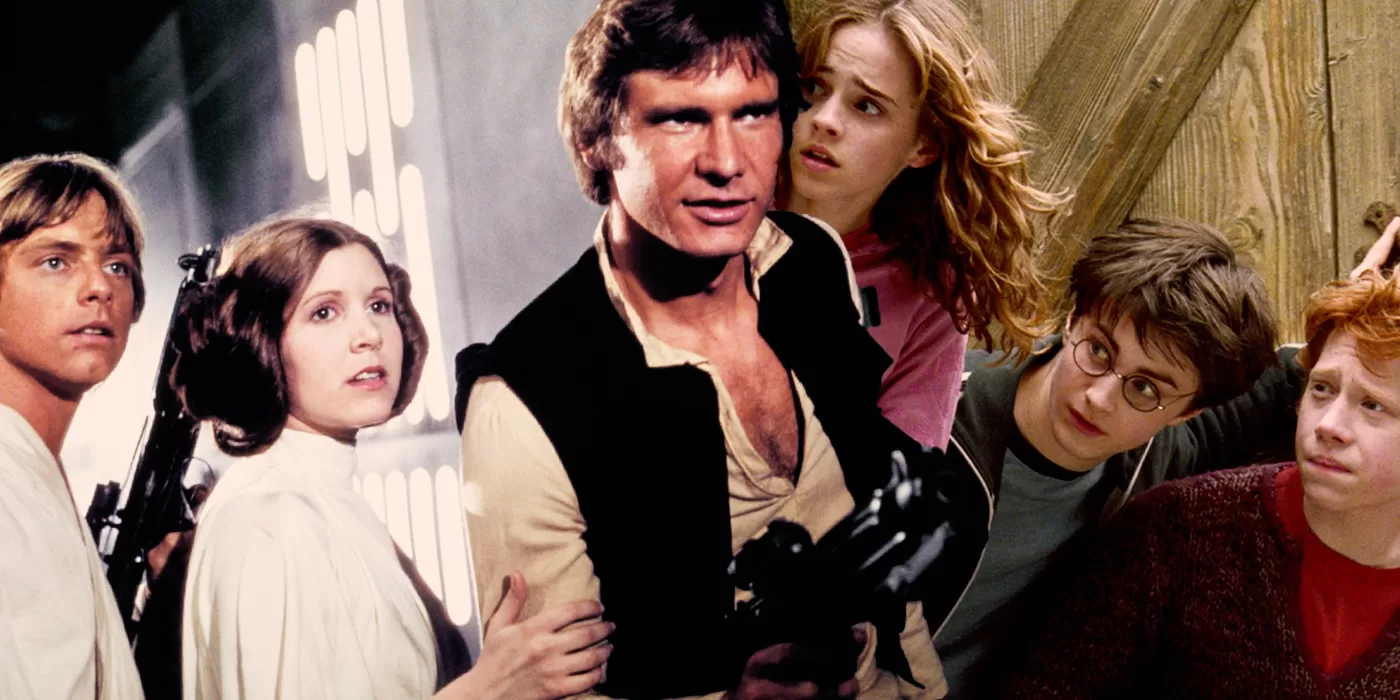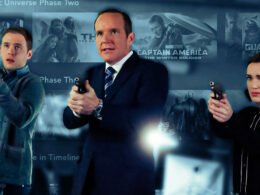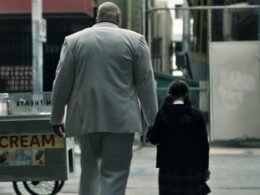2019’s Captain Marvel introduced audiences to the Skrulls and the Skrull allegory (more on that later). Up to that point, the Skrulls in Marvel Comics were known as a villainous race of shapeshifting aliens who had then-recently been featured as the villains of Marvel’s 2008 event, Secret Invasion. When it was announced that the Skrulls would appear in Captain Marvel, many took it as an indication that the MCU was headed for its own cinematic Secret Invasion. Since the film is set in the 1990s, there was a possibility of setting up the idea that Skrulls had been impersonating our favorite characters all along.
Instead, the film gave us one of the great twists in MCU history.
In the third act of their first MCU appearance, it’s revealed that the Skrulls are not a malevolent race of deceitful reptilians spreading terror throughout the galaxy, but a misunderstood people forced from their home, desperately in search of a new one. Carol Danvers (Brie Larson) realizes she’s been fed a line of anti-Skrull propaganda her whole life and decides to defend them against her people, the Kree. In the end, Carol vows to find them a home while they take asylum hiding in earth’s orbit, a downright radical choice.

The Skrull allegory explained
It may be difficult to consider today’s Skrulls away from the contextual backdrop of 2019. In America, the Trump Administration was hitting its stride as the most vocally anti-immigrant presidency in decades. The former president had labeled immigrants, particularly Latinos, as criminals, drug traffickers, and rapists. His crowds chanted in support of building a wall on the southern border.
His Family Separation Policy was ghoulish, even for him. And seemingly every night, Fox News, the right wing’s propaganda arm and the most watched cable news network in America, devoted huge chunks of screen time to “the caravans,” a sort of xenophobic bogeyman in the form of hordes of brown-skinned migrants walking through Central America and Mexico, headed for American soil.
To have Fox News tell it, the caravans were coming to take your jobs, get free government handouts, and overthrow our way of life. Things weren’t much better overseas, as Europe was seeing an influx of Muslim migration, and all the Islamophobic xenophobia you might expect.
So amidst that strife, here comes Captain Marvel, a billion-dollar superhero movie about protecting a caravan of misunderstood migrants who look so different from the rest of us. It was a prescient, if not risky turn in the otherwise non-controversial politics of the Marvel Cinematic Universe. With the Skrulls, Marvel had crafted (or perhaps serendipitously stumbled into) an analog for migrant communities everywhere, the Skrull allegory.
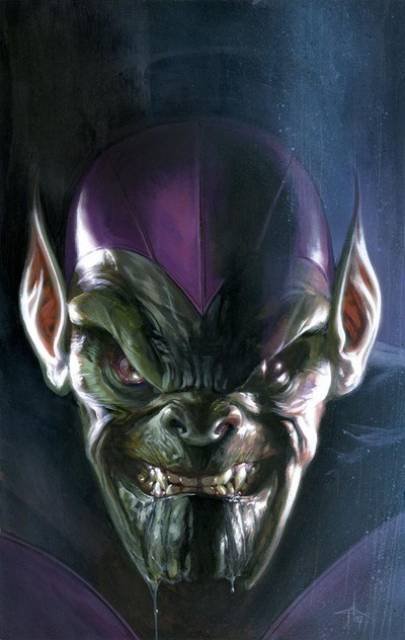
When Marvel announced the Secret Invasion series, I was immediately apprehensive. “How would they give us a show about malevolent Skrulls impersonating powerful humans without compromising the Skrull allegory of the sympathetic immigrant?” I wondered. I hoped for the possibility that these new Skrulls would be spies from another universe. Or that they were being framed, perhaps by the Kree. “Anything,” I prayed, “anything but the most obvious, least considerate approach,” namely that the Skrulls turned out to be bad guys after all.
‘Secret Invasion‘ undermines the Skrull allegory
Secret Invasion has been even more disappointing with its handling of the Skrull allegory than I hoped. The series finds the Skrulls having grown from a few thousand refugees living on a space station orbiting the earth in 1995 to a population of one million, on the ground, hidden even from Nick Fury (Samuel L. Jackson).
Not only have they come to this planet, the Skrulls have infiltrated every world government, every military, and the media, and are pulling the strings in order to bring about World War III through committing acts of terrorism across the world. In short, the Skrulls are guilty of everything Europe fears of its Muslim immigrants or MAGA fears of the caravan, with a little bit of the classic Skrull antisemitism sprinkled in for garnish. (In fact, much has been written of antisemitic themes and the MCU’s Skrulls, particularly in Secret Invasion.)
To be clear, not all the Skrulls in Secret Invasion are baddies. Talos (Ben Mendelsohn) is still loyal to Fury and to humanity. But even Talos was positioned as a man focused on the idea that if the Skrulls can just be good citizens, and prove themselves loyal to the humans, they’ll be treated with equity and given a home of their own on earth, a belief for which he ultimately lays down his life. In a brief moment of self-awareness for the series, G’iah (Emilia Clarke) rightfully calls him “delusional.”
To recap: the once refreshing aliens-as-refugees Skrull allegory is now a choice between the myth of the model minority or literal terrorists. Not great, Bob.
To be clear, there are ways to execute a Secret Invasion adaptation while taking care that the community of Skrulls in Captain Marvel, and the Skrull allegory, remain unsullied. There is a passing reference to a colony of Skrulls still out in space somewhere, under the leadership of an Emperor Drogge. Watching the Skrulls band with the people of earth to fight Drogge’s invading Skrull empire could have been an ode to the thousands of immigrants who serve in the military alongside American citizens.

What’s left of the Skrull allegory?
Constructing a story where the majority of Skrulls on earth become radicalized to a plot of global terrorism is clumsy at best, if not completely irresponsible. Even if it turns out this series is a temporary bump in the road and the Skrulls fade back into being little more than connective tissue holding the MCU together, the damage is done. If anything, it’s a small blessing that the series has been received with middling-to-poor reviews, as it points hopefully to it being a forgotten chapter in the MCU.
The fact is, Secret Invasion, like Captain Marvel before it, was released into a political moment where a very real portion of the United States and Europe live in fear of immigrants who don’t look like them. What was once a truly inspired deviation by the MCU from the comics has been discarded in favor of a lackluster return to the same tired tropes. Secret Invasion undermines the Skrulls, but the true betrayal is of the real life communities the Skrulls once represented.
All episodes of Secret Invasion are now streaming exclusively on Disney+. Follow the Agents of Fandom socials for all the latest news and reviews.



